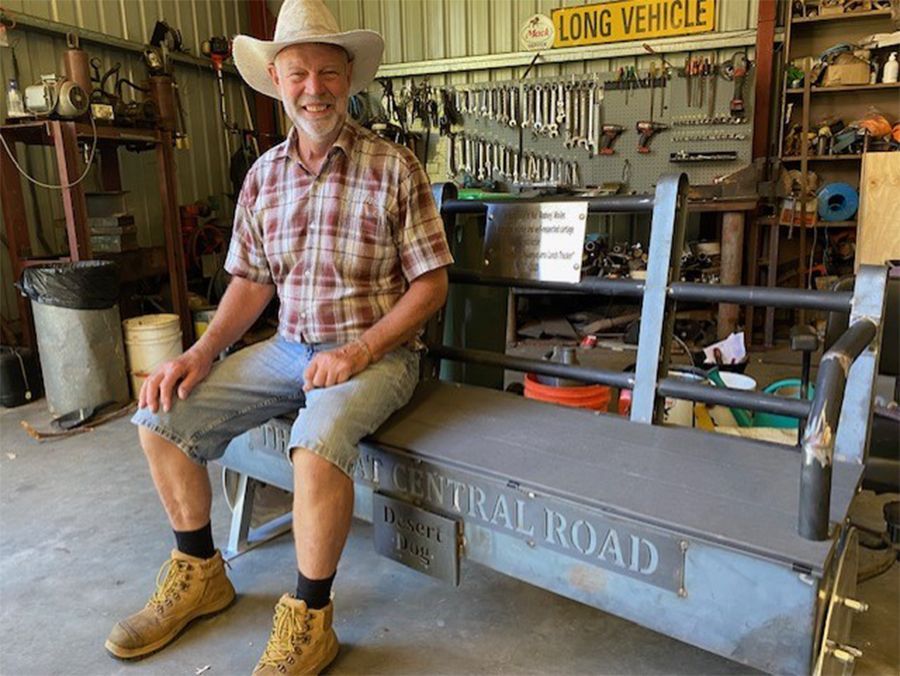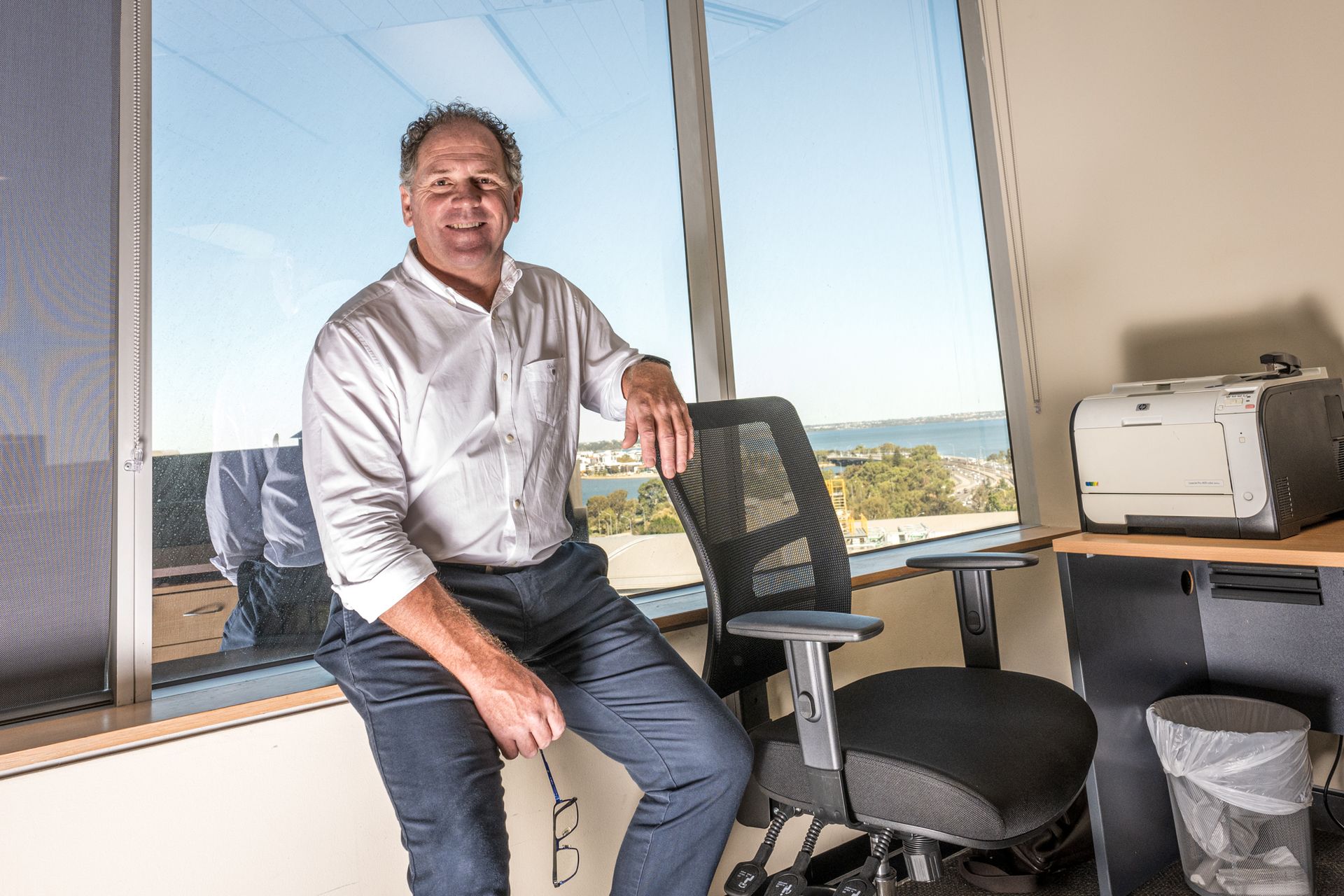Icon of the lands, Rod Moiler, celebrated with a bench to sit and remember.

When Rod Moiler’s mate suggested that he tag along on a freezer run into the desert, Rod had no idea where it might lead.
His mate was Kim Riches, the desert was the Western Desert of Ngaanyatjarra Lands, and the company was NATS - the transport service agency Joseph Williams had just founded for the Ngaanyatjarra Council.
“I was 33 at the time and just coming out of a job managing a hotel for my father, having apprenticed as a mechanical fitter. I had no trucking experience, but it was love at first sight,” Rod remembers.
“After that first trip, Kim suggested that if I bought a truck, Joseph would probably give me some transport work out in the desert. It was an offer too good to refuse!”
“It was pretty rough back then. The journey from Laverton to Warburton was little more than an ungraded track, but the desert felt like home,”
“Every trip felt like an adventure. There were no phones to begin with, and the conditions were challenging, but I loved the remoteness,” Rod says.
Those remote roads would be Rod’s second home for the next 33 years.
In 2020, he parked the truck for the last time, having driven close to 2.5 million kilometres—the vast majority of which were on the fortnightly supplies distribution run around the communities that form the Ngaanyatjarra Council.
“NATS was a professional setup from the very beginning. I was initially contracting with Joseph Williams. He wanted the best for the Ngaanyatjarra communities and expected the same from his contractors. He was firm but fair,” Rod recalls.
As Rod learned the ropes and rigours of driving over challenging terrain, he also became a Mr Fixit. He had to. The rugged terrain frequently meant broken axles, blown tyres, and plenty of mishaps for drivers trying to make it out to Warburton or back to Kalgoorlie.
He took to making contingencies for himself and other travellers—extra water, fresh fruit from his fruit trees at home, and puncture kits to help fellow travellers out of a tight spot. All became part of the journey for the Desert Dog, as he became known.
“It can get pretty hairy out there in remote places; I was just keen to do what I could to help,” Rod says.
It seems fitting that a man who gave respite to many should be celebrated with a bench on his seventieth birthday that allows people to rest.
The bench, located under a shady tree at Tjukayirla Roadhouse, celebrates a man revered by all who know him and recognises his unwavering dedication and the positive impact on NATS and the broader Ngaanyatjarra community.
Rod fondly remembers his three decades of driving.
“The desert was good to me; the most rewarding work I could have imagined,” Rod says.
“I was comfortable being on my own out there, but I have met so many people and made good friends—I’ve seen the Lands and a couple of generations of people on the lands grow up and become successful,
“To have that freedom and reward has been hard work, but it’s also felt like a bit of a holiday. I’ve loved it so much,” Rod says.
Reflecting on the fuss being made of him after all these years, he seems uncomfortable with the spotlight.
“I feel a little sheepish being recognised in this way—I’m a guy who was more comfortable behind the wheel in the cabin on my own or helping out some people broken down on the side of the road,” Rod says.
“There’s been a group of other drivers along the way, including Bill Baker in the beginning, who I learned from and observed, and who each made a huge contribution to life on the Lands,” he added.
The Western Desert breeds heroes, and Rod Moiler—the Desert Dog—is undoubtedly one of them! Not that he’ll tell you.
Related News




